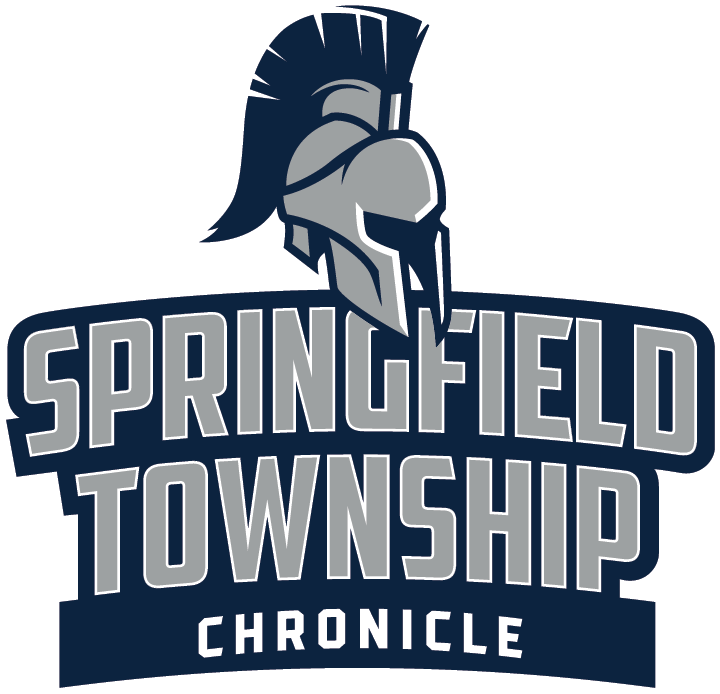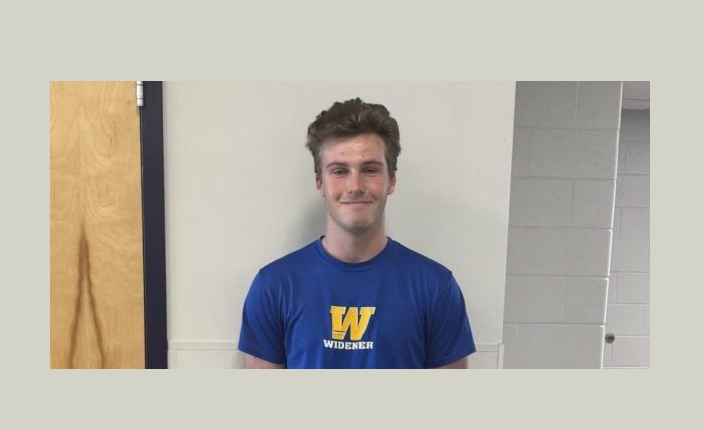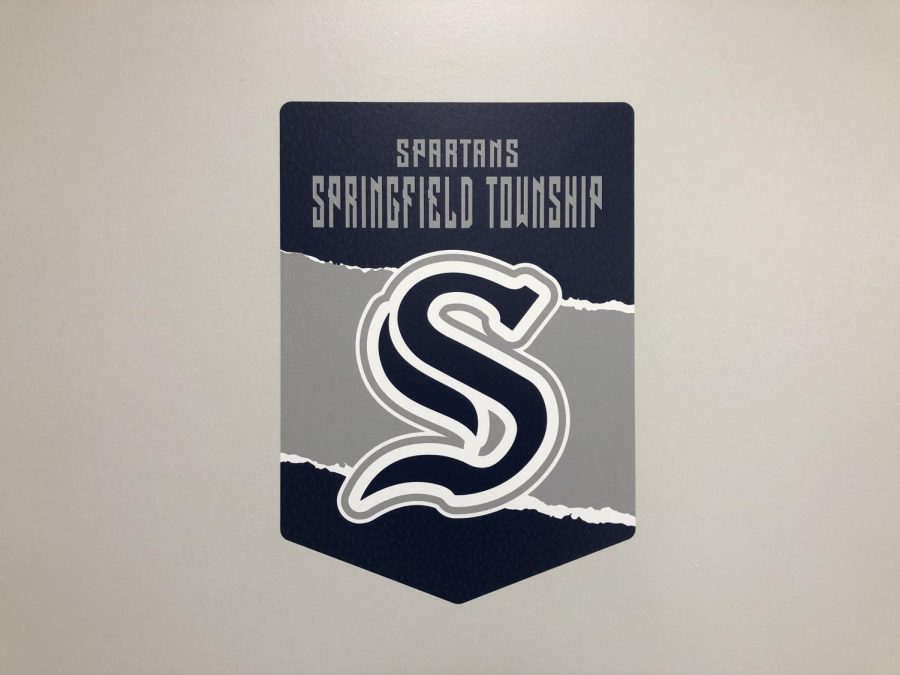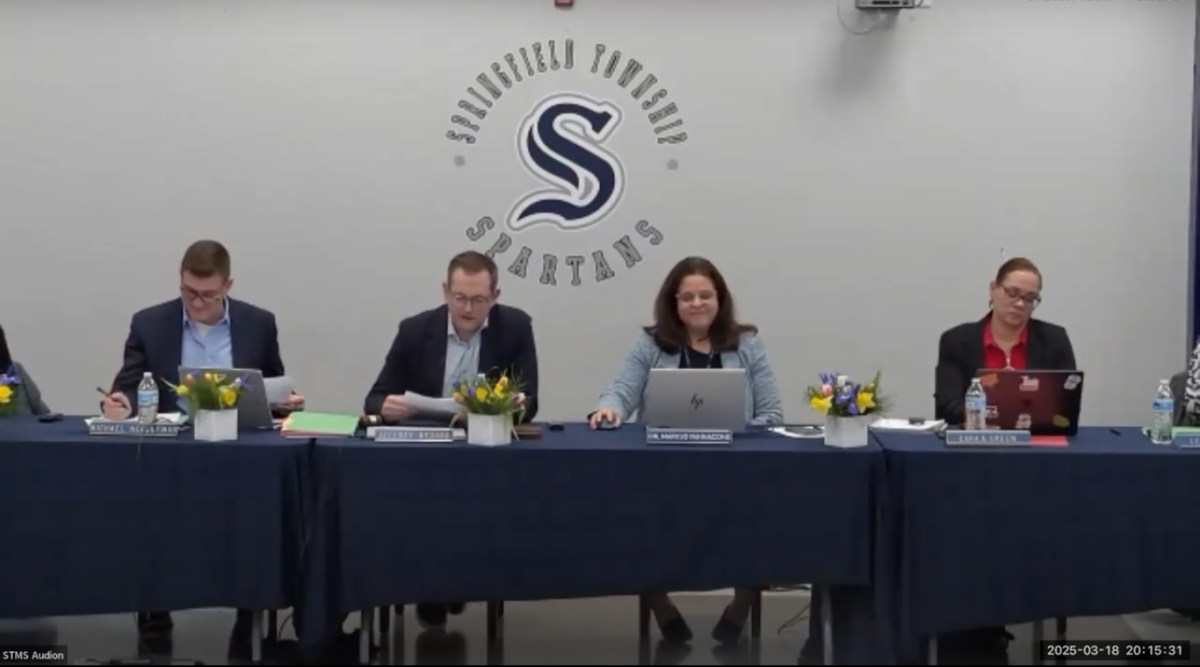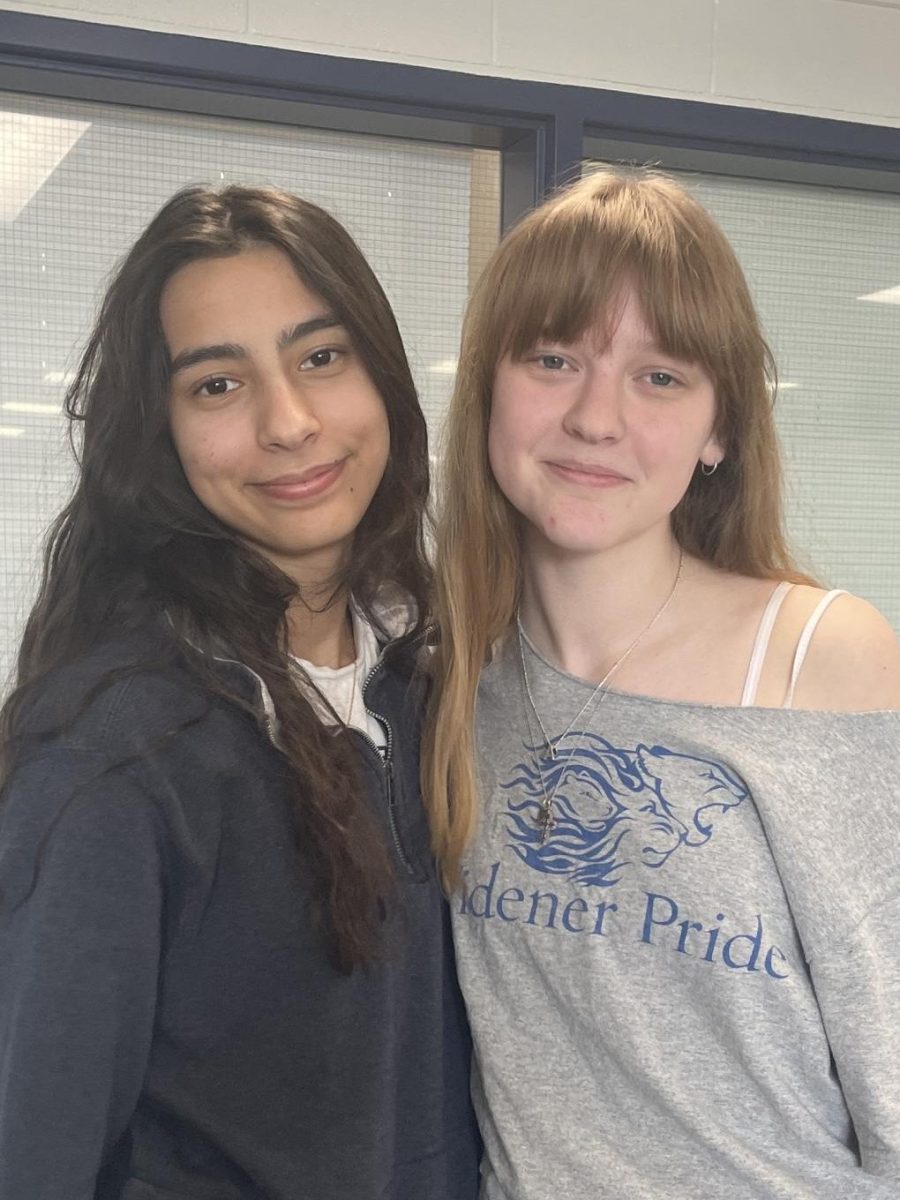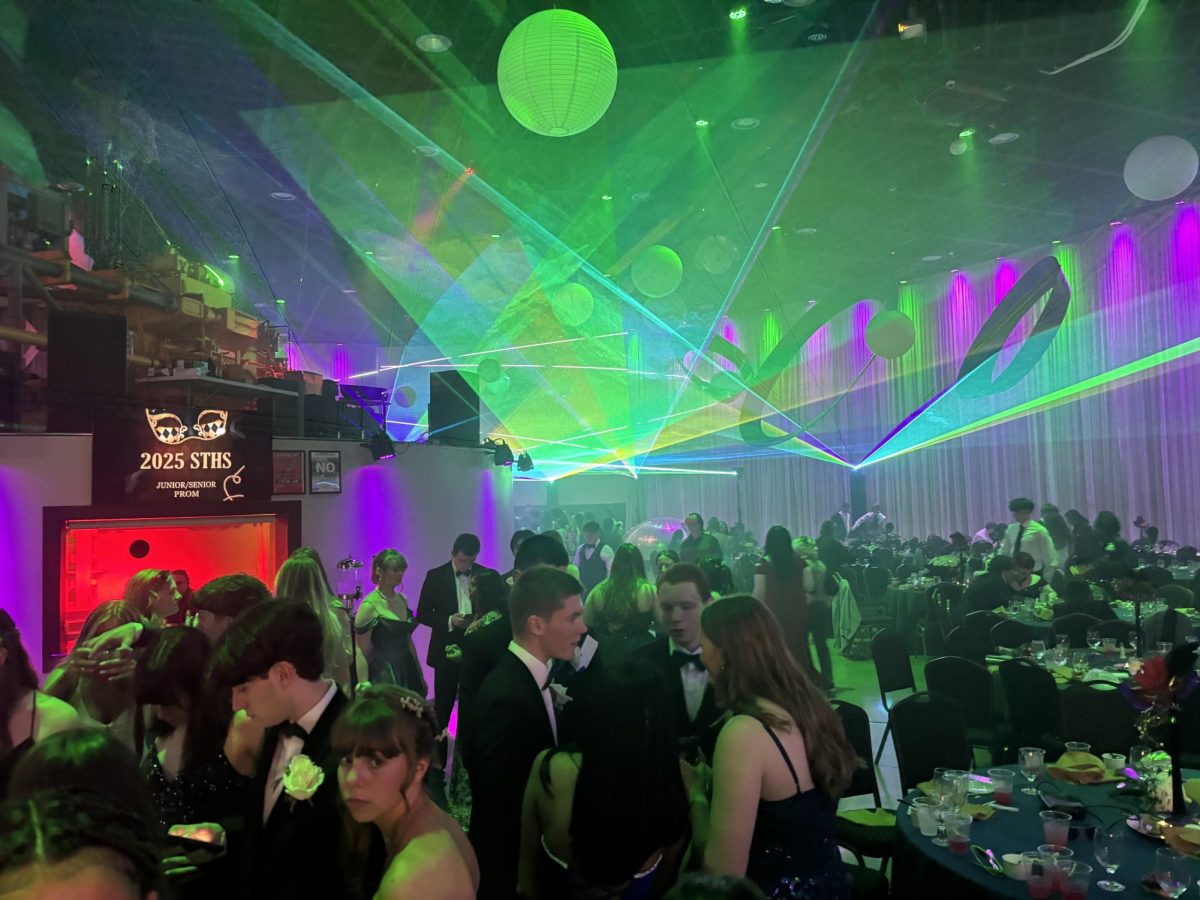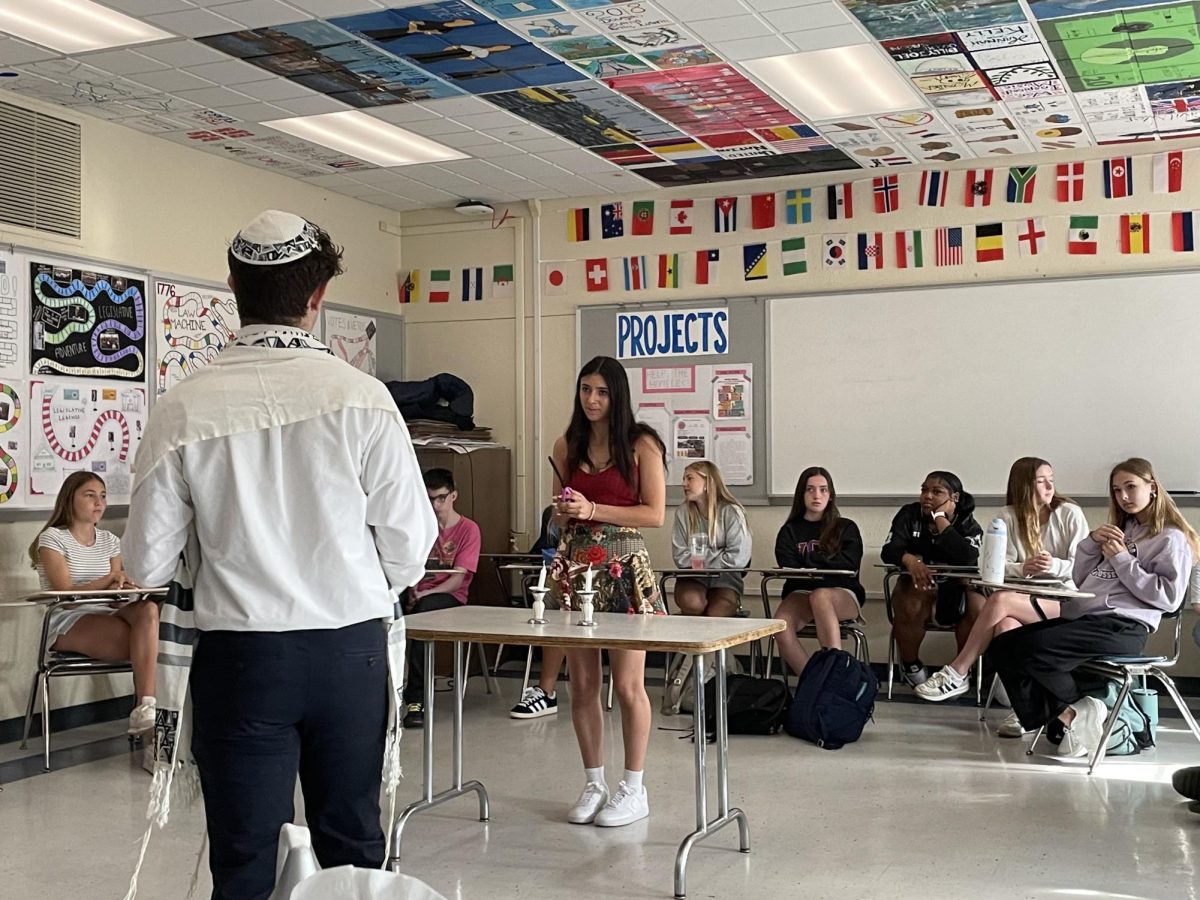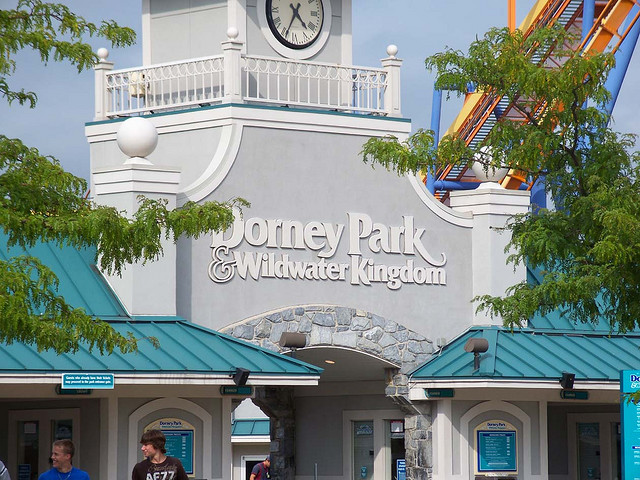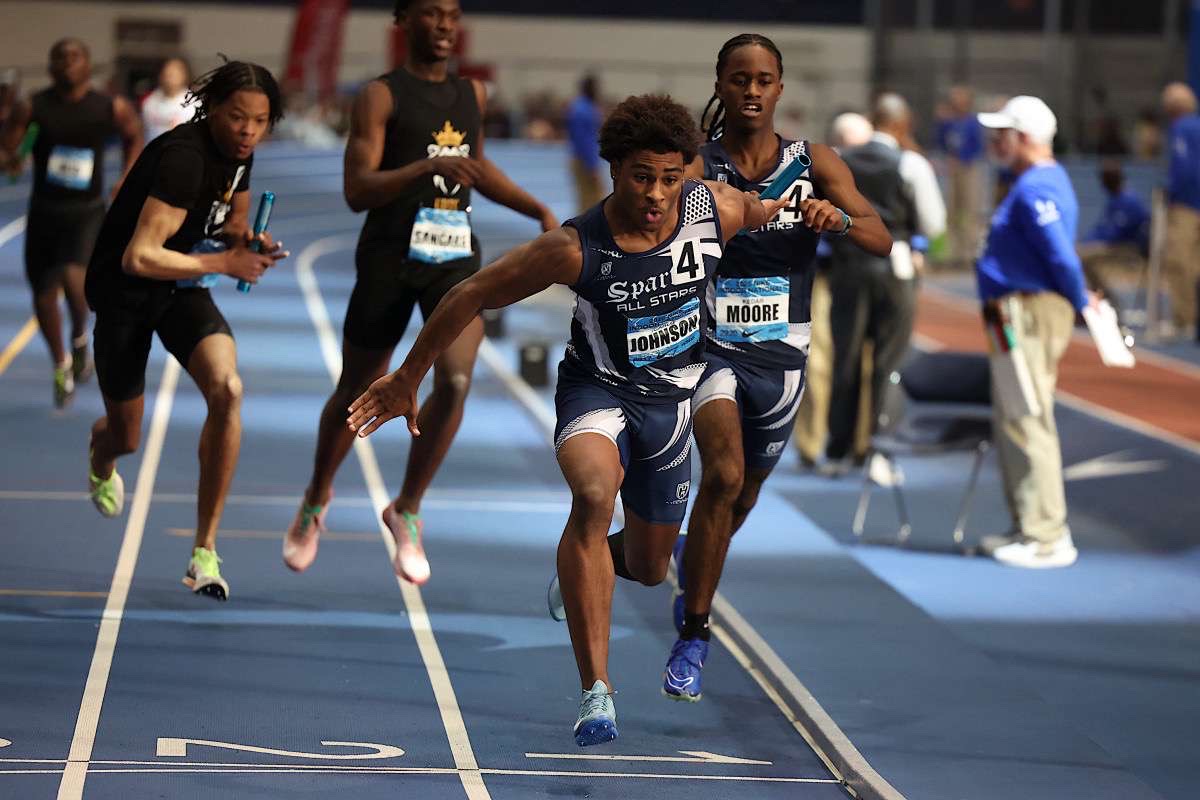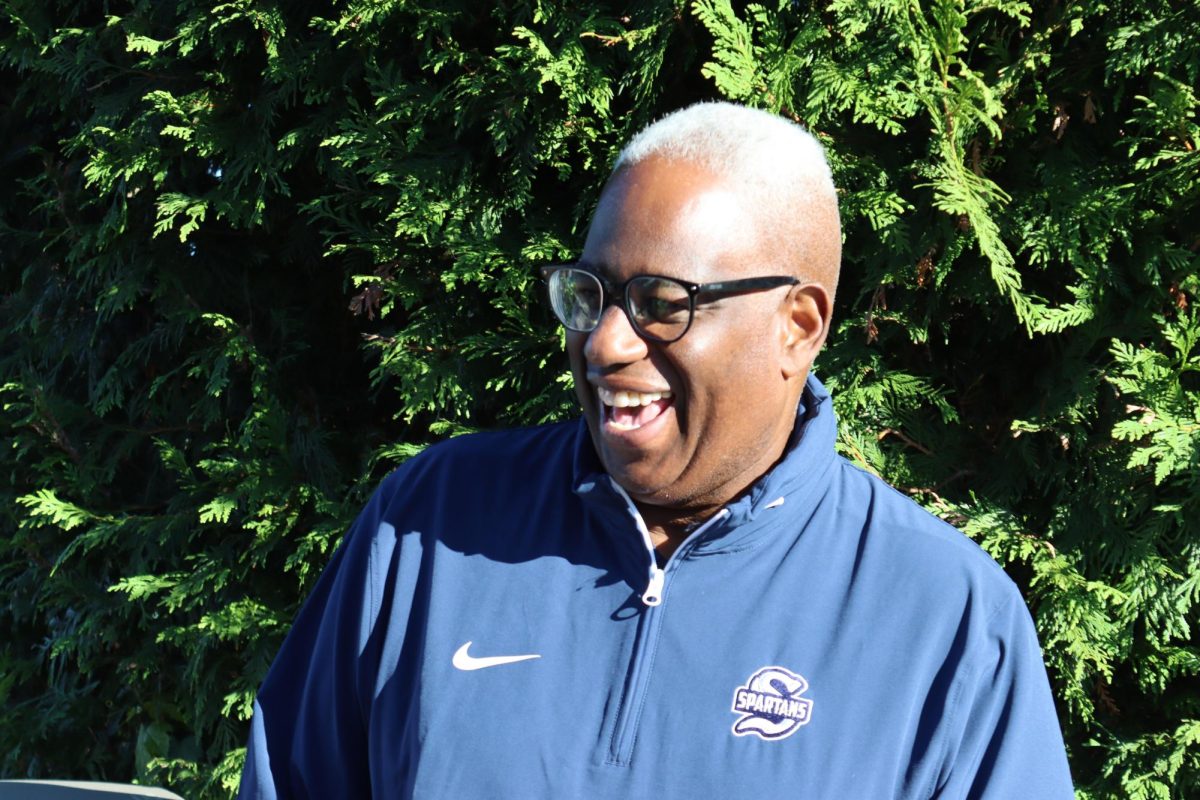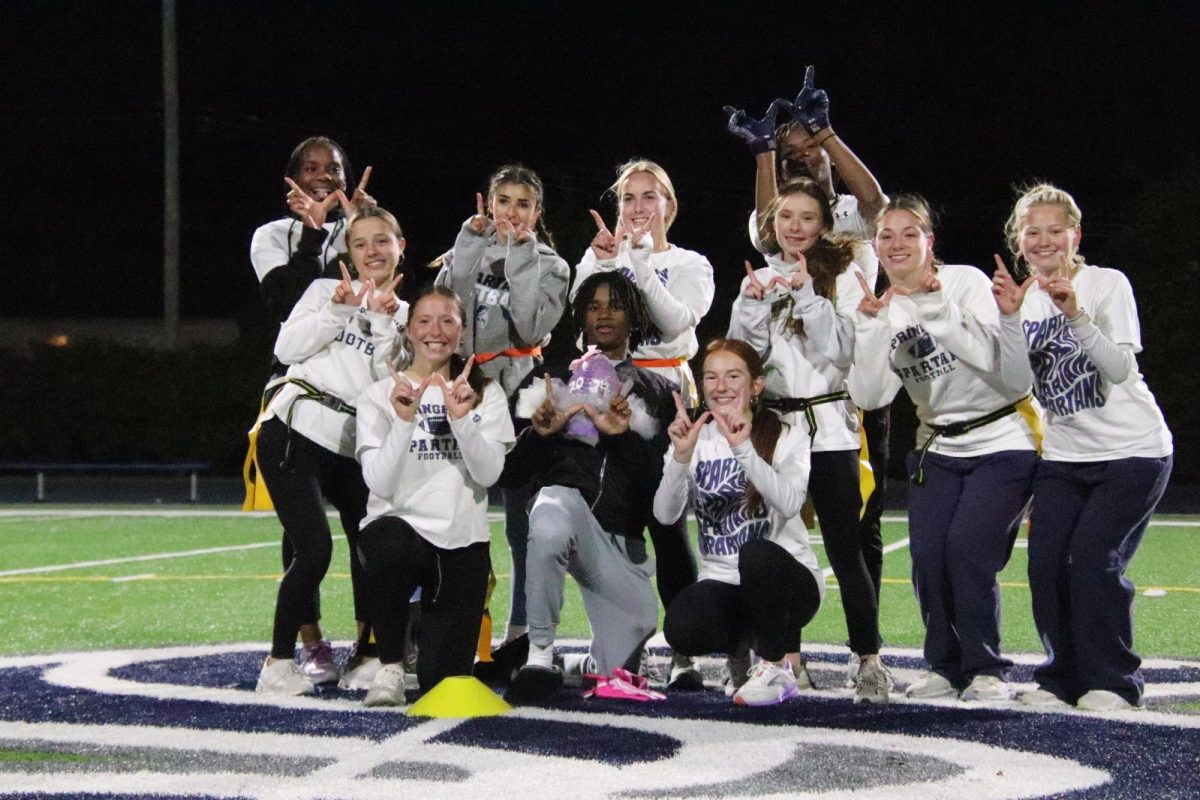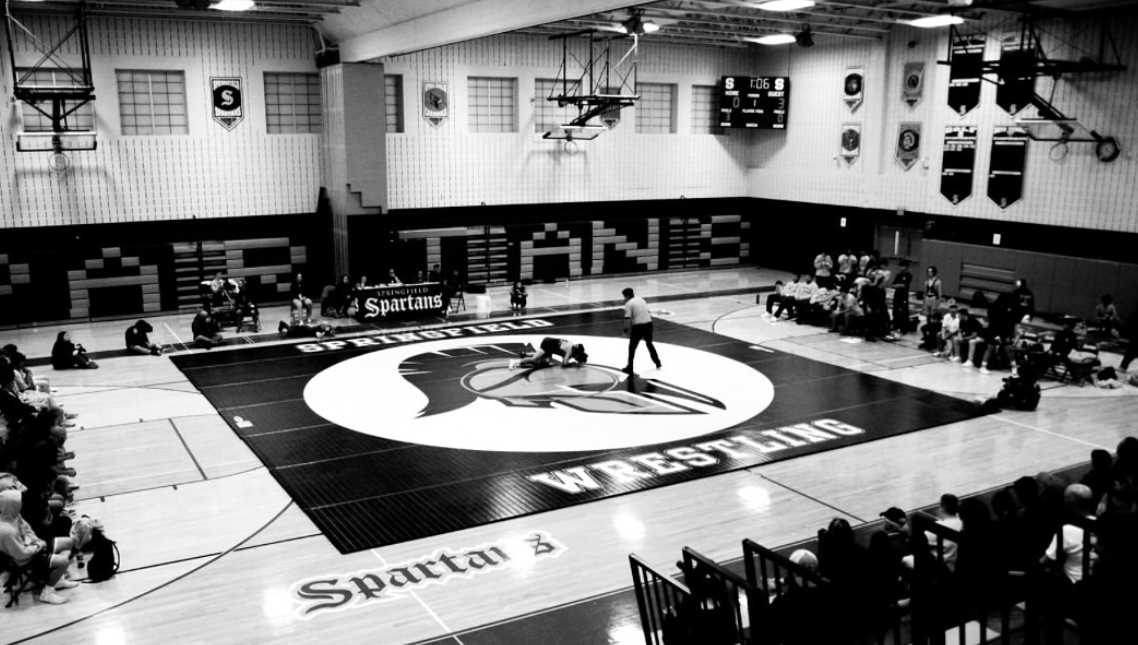NHS, or the National Honors Society, is a national organization that recognizes Springfield students for their demonstration of scholarship, leadership, character, and service.
Mr. Malossini and Mrs. McCaslin became the advisors of the National Honors Society chapter at Springfield last year and decided to adapt the program to allow more students to join the society and give them more opportunities to serve. Mrs. McCaslin says they wanted to “emphasize NHS being primarily a service organization.”
This desire has manifested in the inclusion of juniors, the development of an ambassadors program, and a new recognition for demonstrating leadership in service.
Inclusion of Juniors
For the first time in Springfield history, juniors were invited to apply to the NHS program. There are currently 67 juniors compared to 54 seniors.
Jameson McNeil, a junior inducted into NHS this Fall, was “really excited about the opportunity to join NHS early. I’ve enjoyed all the opportunities for service; it’s been fun so far.”
Mrs. McCaslin noted that as the program used to stand, “seniors were inducted into the society, and then a few months later, they were gone. This way, we can really make a difference if it takes place over two years instead of just a few months.”
This means that from this point on, applicants will be considered over the fall of their junior year instead of over the summer. Seniors are still eligible to apply if they weren’t a part of NHS during their junior year and will also fill out the application during the fall.
Leadership in Service Program
Recently, the advisers presented a new requirement to the junior class: in order to wear a medal at graduation, “students need to have developed and led a service project for some duration and have reflected on their service and leadership.”
Previously, all students needed to wear a medal at graduation was to complete 30 service hours over the course of their senior year. Now, that will earn them an honors cord, but to wear the medal, they need to go above and beyond.
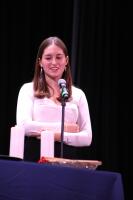 Mrs. McCaslin says they “wanted to provide an opportunity to prompt students to think about how they could be leaders within defined, pre-existing roles or to find their own positions in other ways.”
Mrs. McCaslin says they “wanted to provide an opportunity to prompt students to think about how they could be leaders within defined, pre-existing roles or to find their own positions in other ways.”
Mr. Malossini elaborated, saying that there wasn’t a clear way to fill this requirement; he says that “students sometimes just do things within their day-to-day life that qualify, and they don’t even know it.”
Essentially, the advisers want NHS members to lead some service project or initiative in order to earn the medal. Hopefully, this will encourage members to connect with their communities in a more meaningful way. Mrs. McCaslin says that she really wants to see students “internalizing the idea of service and realizing its importance to them.” When students volunteer at places that really resonate with them, their work is more meaningful and will have a stronger impact.
Some examples of a service project that would earn students the medal is leading a fundraiser in the community, organizing a clean up event, or working in an established leadership role of an organization that “strongly aligns with service.”
Luke Sharpe, a member of NHS, plans to use this “really good opportunity for service” to start a fundraiser to “collect sports equipment.” This is a great example of how these projects can be unique and personal to each person. Sharpe is just happy to be able “to do something for the community.”
After completing their project, students are required to submit a reflection which the advisers said is “a written response with some questions to guide thinking.”
Mrs. McCaslin and Mr. Malossini are excited by the students who have already come forward with their proposals and are looking forward to seeing students further explore their interests.
Student Ambassadors
NHS ambassadors are a group of NHS members who dedicate themselves to “promote participation in NHS and to help students through the application process.”
This is the “second year of ambassadors,” and the group has been successful in accumulating many members and hosting many events for students of all ages. In addition, they “go to class meetings and homerooms to spread the news” to upcoming sophomores and juniors to grab their interest from an early point. They’ve even started reaching out to freshmen, hoping that everyone is aware of the requirements for joining as soon as possible.
Ambassadors work through the “application process” and add information and details that they believe would help the comprehension of how to apply. They advise Mr. Malossini and Mrs. McCaslin on updating the process to best reflect Springfield and the values of the National Honors Society.
As this is just a “pilot” year, the advisors are fully open to change and are prepared to adapt the program as time goes on. For now, they’re looking forward to seeing how the programs function and how students react before adding anything else.
